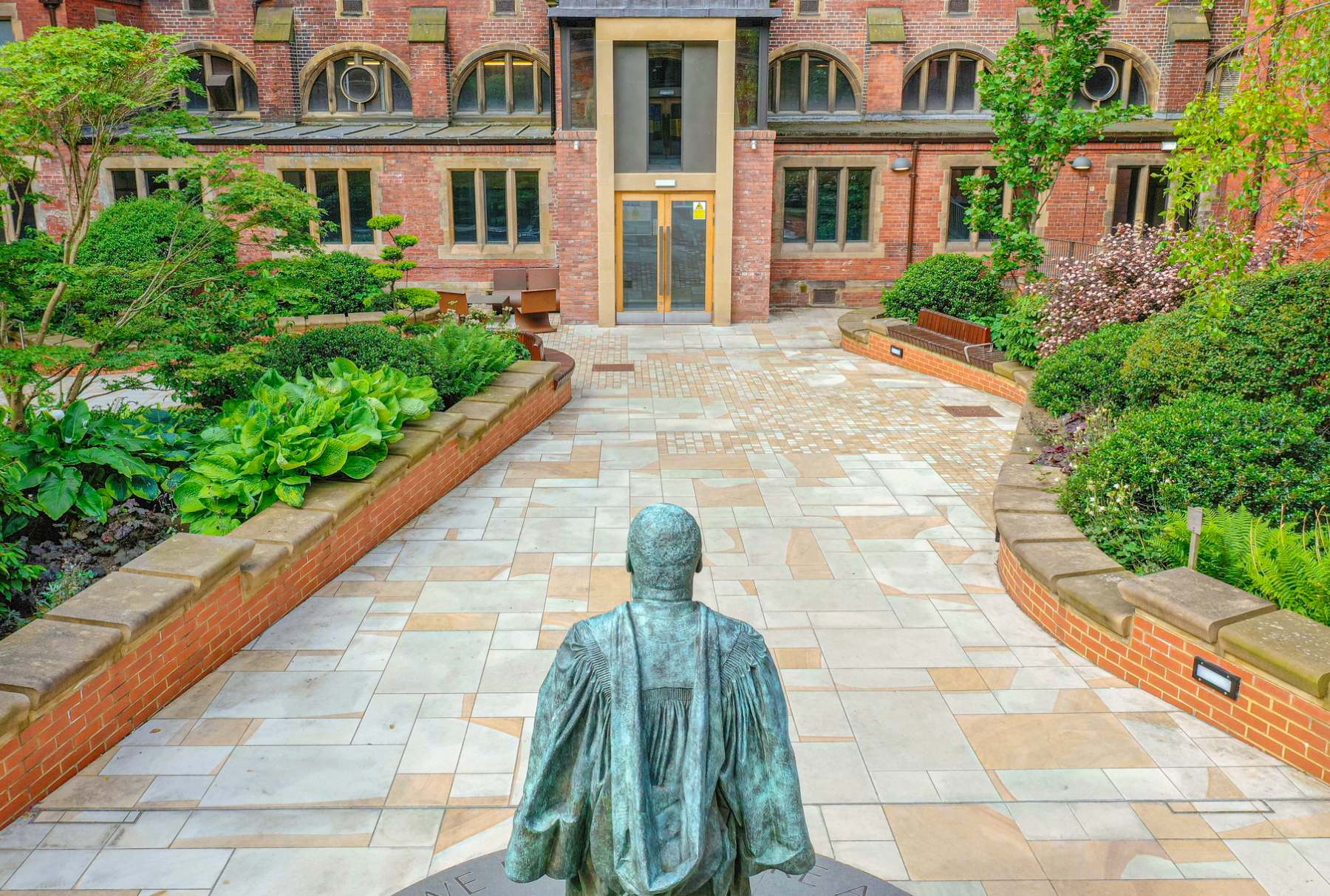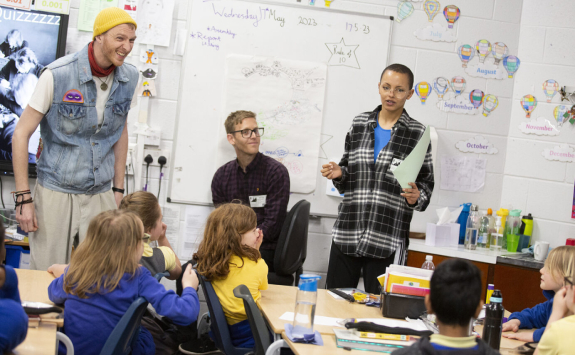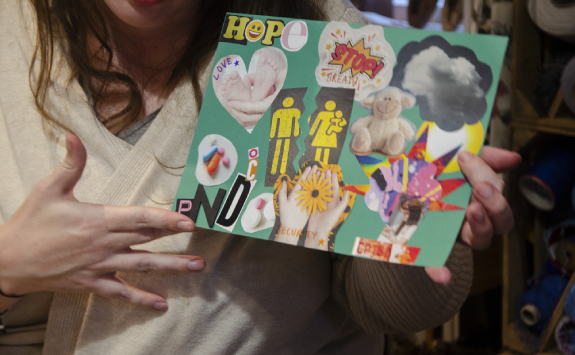Social Justice Through Research
Our researchers work on numerous research projects on themes relating to social justice. Much of this research is conducted with external organisations as collaborating partners. Our research doesn’t simply document urgent social issues, but finds and tests solutions based on real world learning from our partners and the communities affected.
Putting anti-racism into teaching training
In her critical analysis of education policy, Professor Heather Smith challenges inaction on racism. Her research reveals a disconnect between what is said and what is done in education policy work. The research found that anti-racism work in education is often obscured. Statistics are often manipulated in a complex way.
Professor Smith has worked with Professor Vini Lander to create a research-informed anti-racism framework for ITE/T in England. The framework counters the deracialisation of initial teacher education (ITE) policy. The framework is now being used nationally across the sector. A letter to the government endorsing the framework was signed by over 140 ITE providers in England. The letter was also signed by CEOs, Chairs, Directors and Chief Officers of professional education bodies, anti-racism charities, and the national education union.
Influenced by the framework and research, Citizens UK, in their manifesto for change, called for “statutory training in racial equity and relevant frameworks for school leaders and governors, teachers across career phases and the broader school staff body.”
Tackling Islamophobia
Professor Peter Hopkins has spent more than 20 years exploring how racism and Islamophobia impact people from diverse ethnic and religious backgrounds.
Findings of his co-authored report about Muslim youth and political participation in Scotland led to him setting up of Scotland’s first ever Cross-Party Group on Tackling Islamophobia with Anas Sarwar MSP. Through this group, Professor Hopkins led the first-ever Public Inquiry on Islamophobia in Scotland, whose findings were widely endorsed by MSPs.
Zara Mohammed, Secretary-General of the Muslim Council of Britain commented that “if acted upon by the Scottish Government, [it] would prove effective in tackling the scourge of Islamophobia across sectors of society and make Scotland a model of cohesion and equality. Islamophobia has become increasingly pervasive, and its impact on the lived experience of everyday Scottish Muslims is profound. The time to act is now.”
Professor Hopkins also provided advice to an All-Party Parliamentary Group (APPG) of UK MPs about British Muslims’ definition of Islamophobia, reflecting his research findings that that other ethnic groups as well as Muslims experience Islamophobia.
Misrepresentation of Muslims in the media has also been a key issue raised by participants in research about Islamophobia. In 2019, Professor Hopkins worked with Uzma Mir to develop Scotland’s first set of guidelines for reporting on Islam and Muslims.



